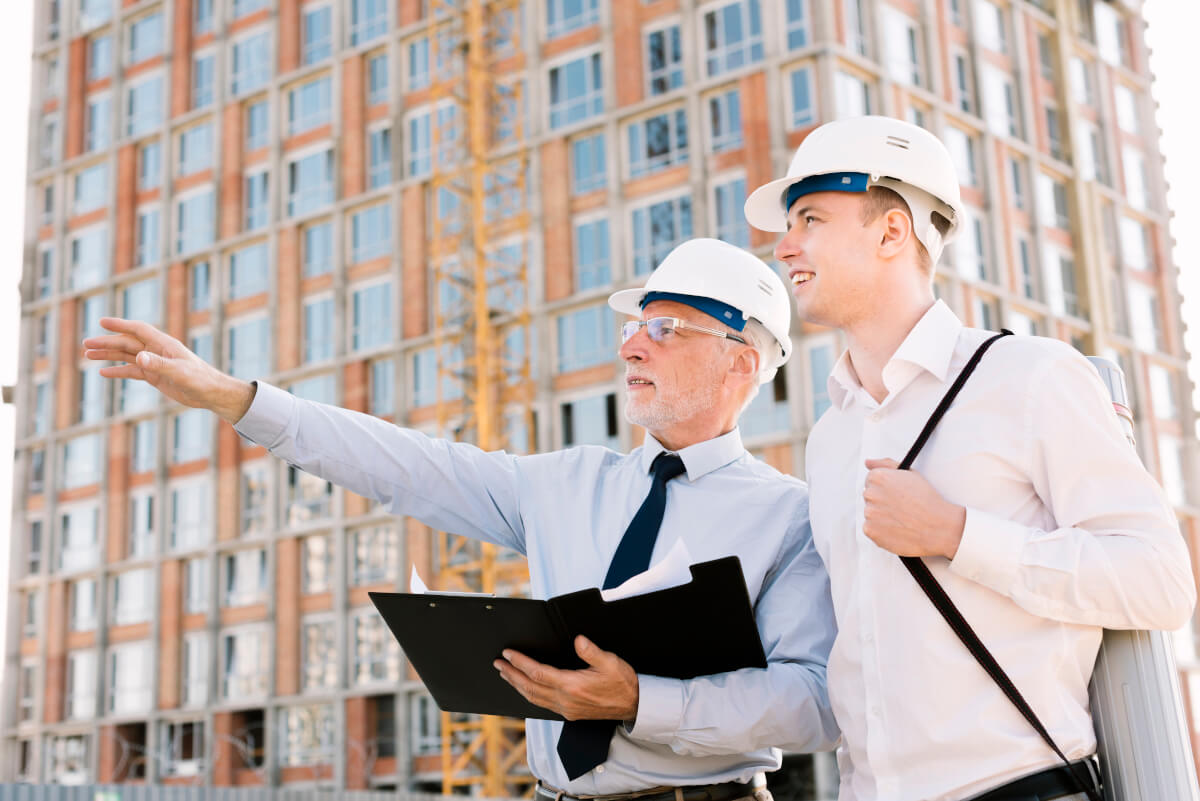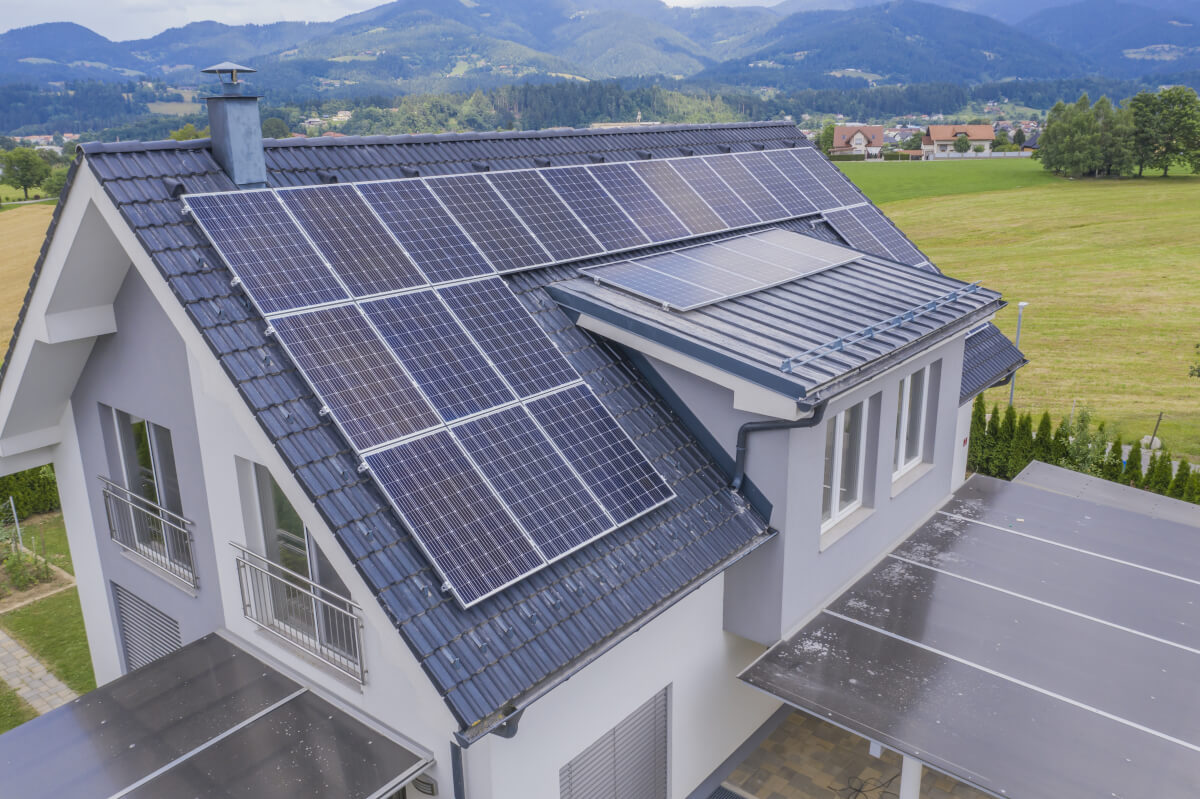Navigating the Legal and Financial Aspects of Installing Solar Panels on Your Property
The installation of solar panels has become an increasingly popular option for homeowners who want more sustainable and affordable energy solutions. It is a significant investment that can result in long-term financial savings.
But, understanding the legal and financial complexities of solar panel installation is essential in making an informed decision. This blog will offer you comprehensive guidelines regarding the key considerations you need to keep in mind before installing solar panels.
Legal aspects to consider before solar panel installation to power your home
● Building permit
One of the key prerequisites that you need to satisfy before installing solar panels is obtaining a building permit. It ensures that your solar installation adheres to structural, electrical, and fire safety standards.
The process of getting a building permit involves submitting comprehensive plans that detail the structure, including all obligatory inspections to be conducted at various stages of installation. This step ensures that your solar panel system will function optimally while legally shielding you in the event of unforeseen mishaps.
It is important to keep in mind that obtaining and building permit is mandatory when installing solar panels. There are adverse consequences of not acquiring a permit, which may include fines or the dismantlement of your solar panels.
● Electrical permit
Another permit that you will need to acquire is an electrical permit to connect your solar panel system to the grid. This permit also ensures that all the installation work is compliant with electrical codes and safety requirements.
There are serious consequences for connecting your solar panel to the grid without this permit. It can include fines, legal action or the removal of the entire solar panel system if it does not meet local requirements.
Electrical codes are in place for the prioritization of safety above everything else. Hiring a certified electrical engineer ensures that all the wiring, grounding and equipment are compliant with all electrical codes and will not endanger you or your family.
● Solar energy access rights
Solar access rights refer to the legal entitlement you enjoy as a property owner to receive sunlight on your land for solar energy generation. They have an important role in ensuring there is unobstructed access to sunlight for your solar panels.
The rules and regulations that govern solar power access rights may differ and can be influenced by zoning ordinances, homeowner association (HOA) rules or property covenants.
So, before installing your solar panels, you must check these regulations and obtain any additional approvals if needed. When you do your due diligence, you can protect your solar energy investment and avoid any potential disputes with your neighbors or regulatory bodies.
● Historic district or design review approvals
When your property is located in an area with specific architectural or historical significance, historic district or design review approvals are necessary. They are in place to protect the unique character and aesthetic appeal of the neighborhood.
You will need to present your solar panel installation plan to a local review board or committee to obtain this approval. The board will assess whether your solar panels will align with the neighborhood's design guidelines while maintaining their historical identity.
Thus, you must familiarize yourself with the local regulations. Also, you need to work closely with your solar panel installer to design a solar panel system that will respect and complement your property's historical context and architectural style.
● Roofing permit
If your roof's framework has to be adjusted for installing solar panels, you need a roofing permit. It includes activities such as reinforcing your roof or conducting repairs to support the added weight of the solar panels.
A roofing permit guarantees that any modifications made are in adherence to local building codes and safety standards. To find out if your solar panel installation project requires a permit, contact your local building department. The officials will guide you on the application process and advise you on any necessary inspections.
Obtaining a roofing permit ensures that your solar panel installation is safe, secure and compliant with the prescribed local regulations.
● Interconnection agreement
An interconnection agreement is a legally binding document that outlines the rules and stipulations relating to the integration of your solar panel system with the electrical grid.
The main aim of an interconnection agreement is ensuring that the connection between your solar panel system and the electrical grid is conducted securely without causing any adverse effects or interruptions.
Additionally, this agreement specifies the procedures to be used in compensating you through net metering for surplus energy channeled back into the grid from your solar PV system. It is a mechanism that will lead to a substantial reduction in your electricity bill.
It is important to keep in mind the mandates that govern the interconnection agreements will differ considerably across different states. Thus, it is highly recommended to seek professional guidance from local specialists who will guide you through all the prerequisite steps.
Additionally, you should also explore if the state you reside in offers incentives such as solar credits to properties that provide extra energy to the grid.
Financial aspects to consider when installing solar panels in 2024
The use of solar energy is quickly gaining popularity as the preferred eco-friendly and inexpensive solution to power up homes. Understanding the financial implications of installing solar panels is imperative as more homeowners consider this energy option.
Below are some financial aspects that you need to consider:
● Initial costs of solar panel installation
The cost of installing solar panels differs significantly because of factors such as the size of the system, the type of solar panels and the specifics of the installation. A 3.5 kWp solar system, which is typically suited for a three-bedroom house will cost you between £5,000 to £10,000 and it includes the panels, inverter, brackets and labor costs.
Breakdown of costs to install solar panels
- Solar panels: the price of each solar panel ranges between £500 to £800.
- Inverter: it is essential for converting DC to AC electricity and will set you back between £500 and £1,000.
- Labour and installation: this will vary depending on the complexity of the installation and location. Urban areas typically incur higher labor costs.
Additional costs
Besides the preliminary setup, to ensure the solar panel system operates at optimal efficiency, ongoing maintenance is required. These are the additional costs included:
- Inverter replacement: an inverter is typically needed every 10 to 15 years and it costs around £500 to £1,000.
- Cleaning and maintenance: cleaning your solar inverter may cost between £100 and £150 annually.
- Monitoring systems: the installation of monitoring systems to track the performance of your solar panel will typically range from £500 to £1,500.
Financial incentives and savings
There are quite a few financial incentives that make installing solar panels on your property more affordable and attractive:
Government incentives
- Reduced VAT: when you install solar panels, you will benefit from a reduced VAT rate.
- Smart Export Guarantee (SEG): it provides you with an extra source of income as you, as a homeowner, can sell your excess electricity back to the national grid.
Energy savings
- Reduced utility bills: by generating your electricity, you can significantly reduce your electricity bills. But these savings are dependent on the size of your solar panel system, location and energy consumption.
Increased property value
Homes that have solar panels installed, compared to those without them, often sell faster and at higher prices. Lower utility costs and renewable resource energy independence are the main reasons for this appeal.
Financing options
As a homeowner, financing the upfront costs of installing solar panels can be a major hurdle. But, to ease this financial burden, there are numerous financing options available:
- Green Energy Loans: there are plenty of financial institutions offering loans specifically for renewable projects.
- Leasing options: solar panel leasing is offered by some solar companies. This allows you to install solar panels without any significant upfront fees and you pay a fixed monthly fee for using the panels.


